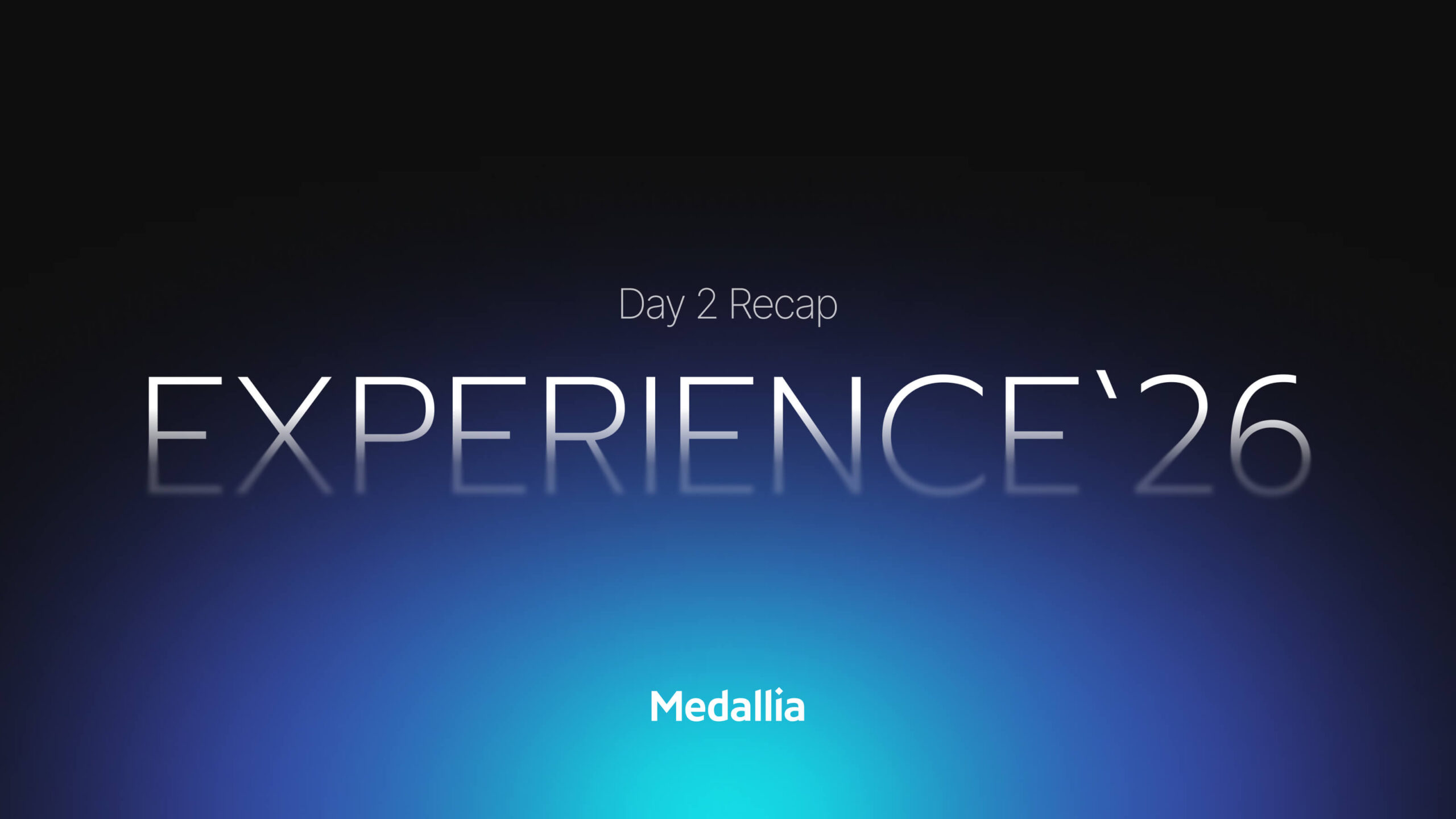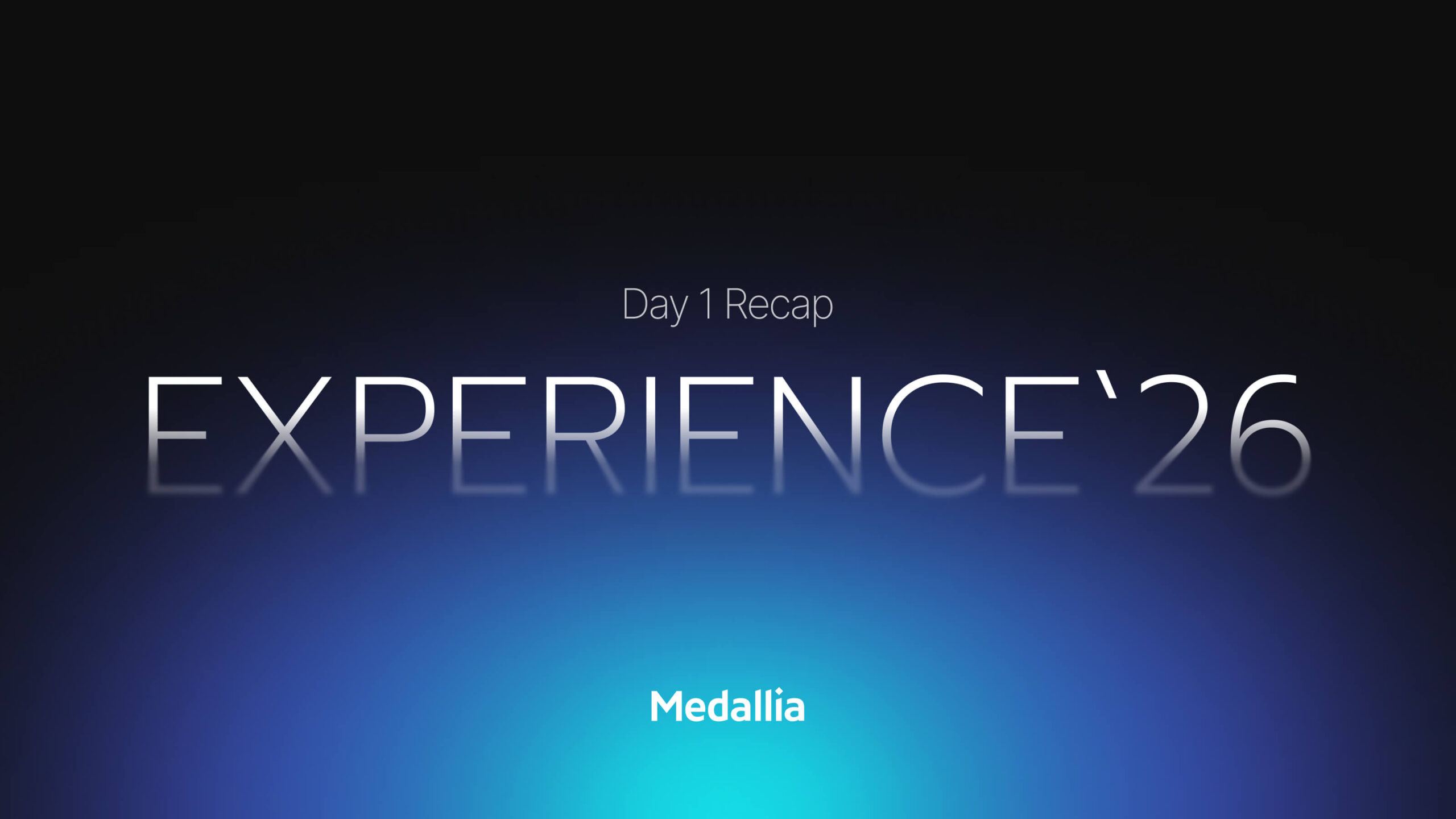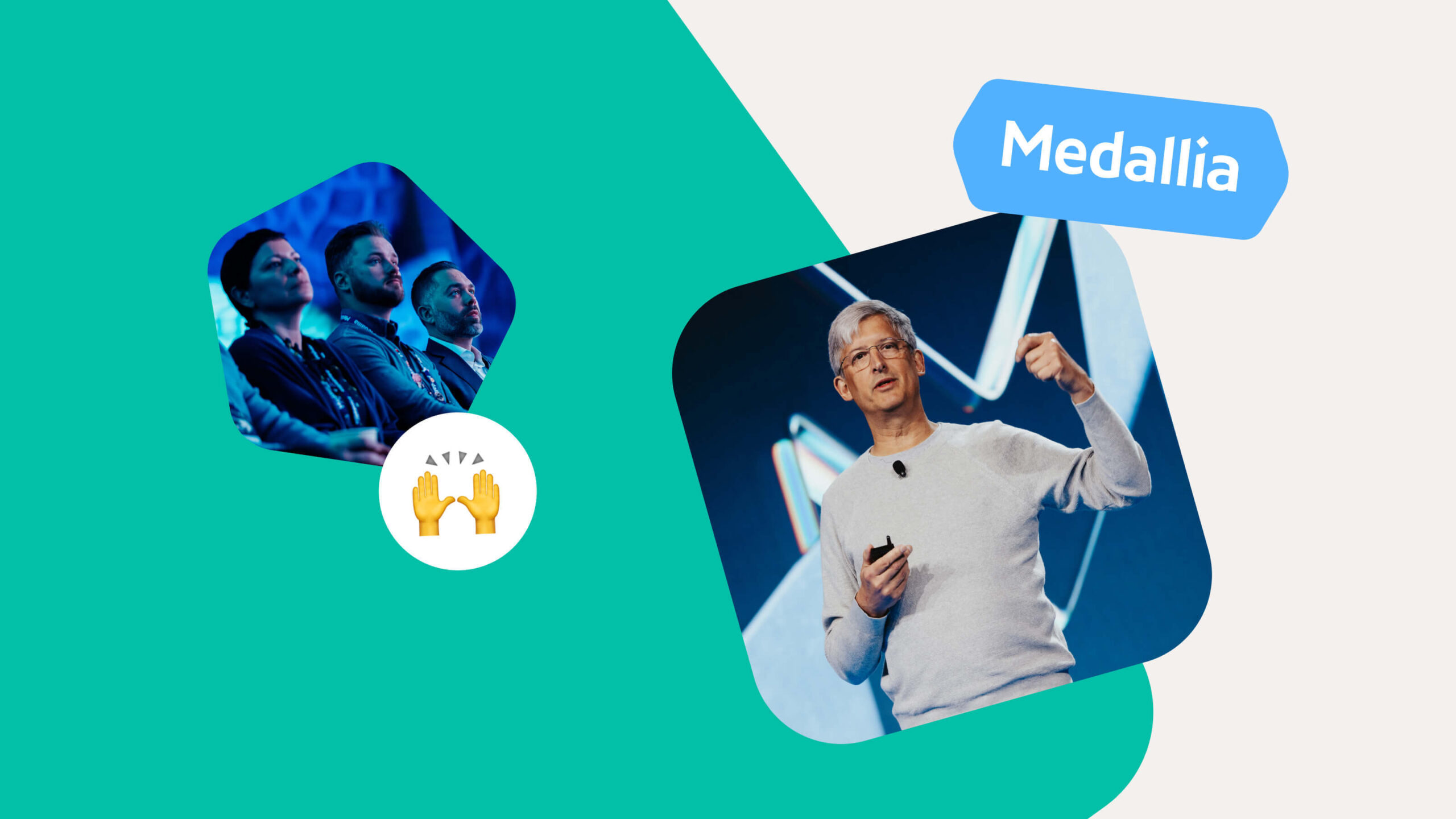Lessons in CX Chemistry: The Perfect Balance of Automation and Personalization
November 10, 2023
Customer Experience
Successful brands leverage automation and personalization together to improve customer experiences — here’s why, and how you can, too.
On the surface, it might seem like the concepts of automation and personalization are at odds with each other. How can it be possible for brands to make the experiences they deliver feel personal to every individual if the customer experience (CX) is automated? The answer: personalization and automation are a balancing act. When synthesized, they empower organizations to achieve personalization at scale.
Customer experience personalization is the next frontier of improving and optimizing customer journeys to foster long-term customer loyalty and drive bottom-line business results. However, for this to be effective, brands need the right tools to personalize customer experiences for every customer. Thanks to advances in AI and machine learning (ML), businesses can understand the full context of their customer relationships and use these insights to intelligently tailor interactions at the 1:1 level.
Next-generation CX platforms are the driving force, accurately predicting customer needs, wants, behaviors, and intent to proactively serve customers with the right content, interactions, and experiences using automated workflows.
For global brands interacting with customers across countless channels and touchpoints, harnessing the power of AI makes it possible to take action on the wealth of customer data they collect and generate contextually aware, empathetic, and personalized customer experiences for every individual at the right moment.
Why Personalizing Customer Experiences Matters Now More Than Ever
According to PWC, only 15% of consumers think companies will use their data to improve their lives in some way. That’s no surprise considering the majority of consumers (55%) have had brands ask for their information multiple times without ever using it to personalize their experiences, according to a recent Medallia study on personalization. Similarly, this study found that 52% of consumers say brands have claimed they would provide a highly personalized experience, but then failed to deliver.
That’s a big missed opportunity, because those that do succeed at leveraging customer data to improve and personalize the customer experience stand to gain a competitive edge. Medallia researchers found that most consumers (61%) are willing to spend more money with companies that offer a customized experience, and even more consumers (82%) say personalized experiences affect their brand choice at least half of the time when shopping.
How AI-Powered Automation Fuels Customer Experience Personalization
AI-powered CX can help power personalization by leveraging each individual’s complete customer history to guide and customize every interaction they have with a brand. That’s right, every interaction.
If you’re thinking that sounds like a lot of data — data that’s constantly changing as customers move across journeys, touchpoints, and channels — you’re right. AI, which is able to rapidly process immense quantities of data in the moment, is key to enabling highly individualized interactions and journeys. These touchpoints become enriched with personal customer data and insights that enable organizations to provide products, services, content, and experiences that are tailored to their needs in real time, making their customers feel understood and valued.
Here are some examples of how savvy brands are using AI to balance automation and personalization to improve the customer experience:
Personalizing next actions and experiences for customers
AI-powered Text Analytics and Speech Analytics can be used to gather data and uncover the meaning behind every customer interaction across touchpoints — from web and app activity to customer feedback and conversion data — to create unified, continuously updated customer profiles that establish a comprehensive picture of customer behaviors and interests at the individual level. Brands can easily shift from taking a one-size-fits-all approach to customer interactions to using real-time insights to automatically surface the next-best actions and experiences for customers across channels, curating relevant journeys tailored to the individual.
Content personalization
AI-derived insights can help brands automatically optimize promotions and messaging based on real-time customer behavior and intent, improving engagement metrics across opens, clicks, conversions, and sales.
Automatic insights for contact center agents to help tailor each interaction
When organizations use AI to automatically make sense of customer interactions across touchpoints, in the context of the contact center, this intelligence can be used to figure out why customers are reaching out for support in the first place, enabling agents to provide better, more empathetic, tailored service during each interaction.
Agent queue management — assigning the most knowledgeable, relevant agent to handle a customer inquiry
Before an agent is assigned to a given call or chat, AI-derived insights can be used to determine the agents who are most qualified to address a specific case and then automatically assign the conversation to that most relevant agent.
Providing agents with recommended next-best actions
Just as AI can be used to customize web and app experiences, it can also be used to provide agents with recommended next steps for customers during customer support interactions, whether that’s providing recommended resources agents can share or tailoring agent scripts based on a given customer’s history with the company.
Too often, customers at risk of churn fall through the cracks, or worse, are delivered the same content, messaging, and experiences as loyal customers. AI can help by making it possible for companies to predict who is in need of follow-up and automatically alert the right team member to proactively reach out and provide tailored support.
Using AI to balance CX automation and personalization
Now is the time to prioritize customer experience personalization, and invest in the tools that can make it possible.
When Medallia researchers studied the factors that differentiate CX leaders from CX laggards, they determined that companies with top customer experience programs are twice as likely to prioritize personalizing the customer experience across interactions. The same study found that CX leaders are 26 times more likely than laggards to experience revenue growth of 20% or more.
While some may worry that AI automation is counter to delivering more human, relevant, and empathetic experiences, AI is what’s enabling savvy leaders to slash time spent on repetitive and time-consuming tasks, augment human intelligence, free up employees to do more meaningful work, and ensure interactions across channels have a more personal touch at scale.
AI-powered automated customer experience personalization is not only possible, it’s essential. Using AI for the customer experience helps brands know their customers better, provide faster resolutions, increase efficiencies, and truly personalize every experience.
Learn More About How Consumers Really Feel About Personalization
Medallia is committed to finding out and ensuring brands prioritize what matters most to their customers. In this special report, we uncover key findings of what consumers really think about personalization, including if companies are doing enough to meet current expectations, how personalization affects spending and brand choice, and what personalization tactics consumers care most about. Download our report to learn more.







